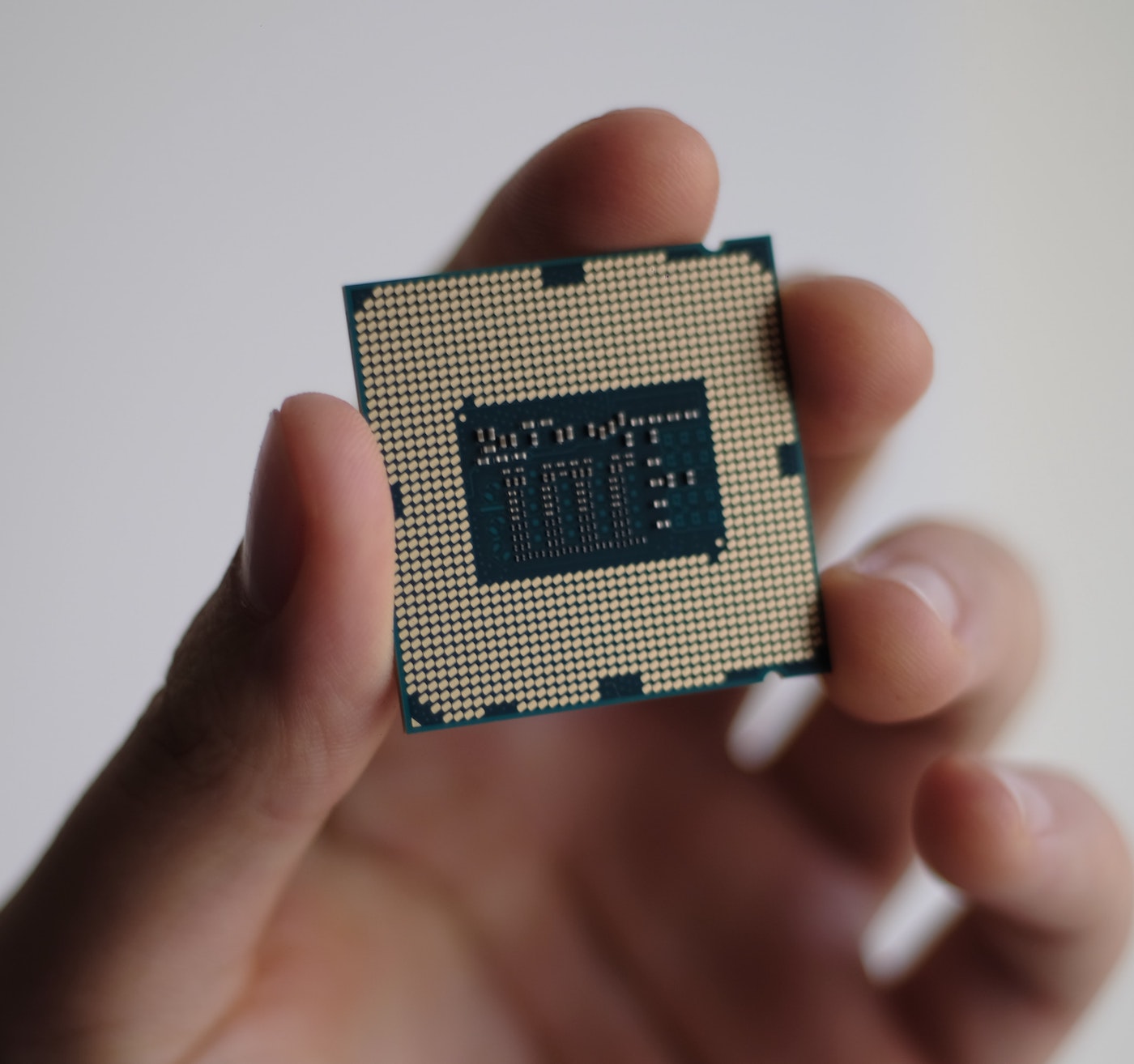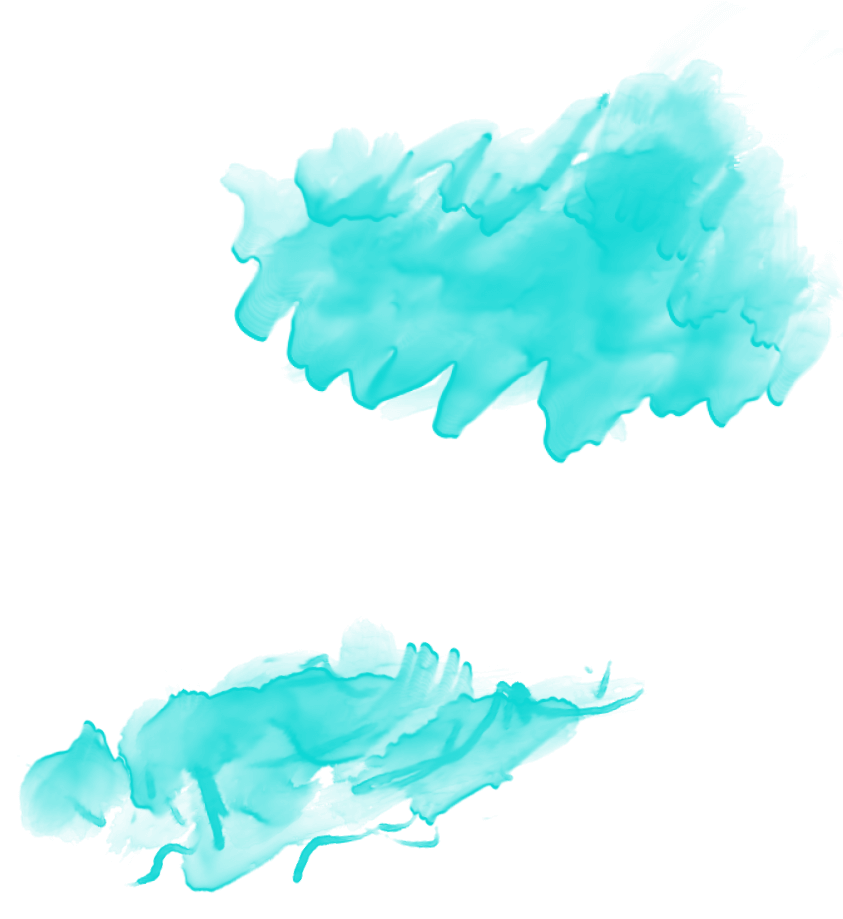Members are never obligated to contribute to code or specification projects in CHIPS Alliance, nor are they obligated to participate in the development process in any way. Members and non-members alike must sign a CHIPS Alliance CLA (distinct from membership) before contributing to code or specification projects.
Our specification projects leverage the OWFa 0.9 (Necessary Claims) license, as described in the CHIPS directed fund charter which is included in the project’s membership agreement. Prospective members will want to review the IP policy set forth in the charter with their own legal counsel, in order to understand how the implementation of OWFa may relate to their specific situation. Please note also that CHIPS utilizes a notice and voting period in connection with specification releases, and provides a mechanism for members to opt out of further commitments under OWFa at any time by following the procedures outlined in the IP policy.
Our CLAs can be found in the TAC repository.


